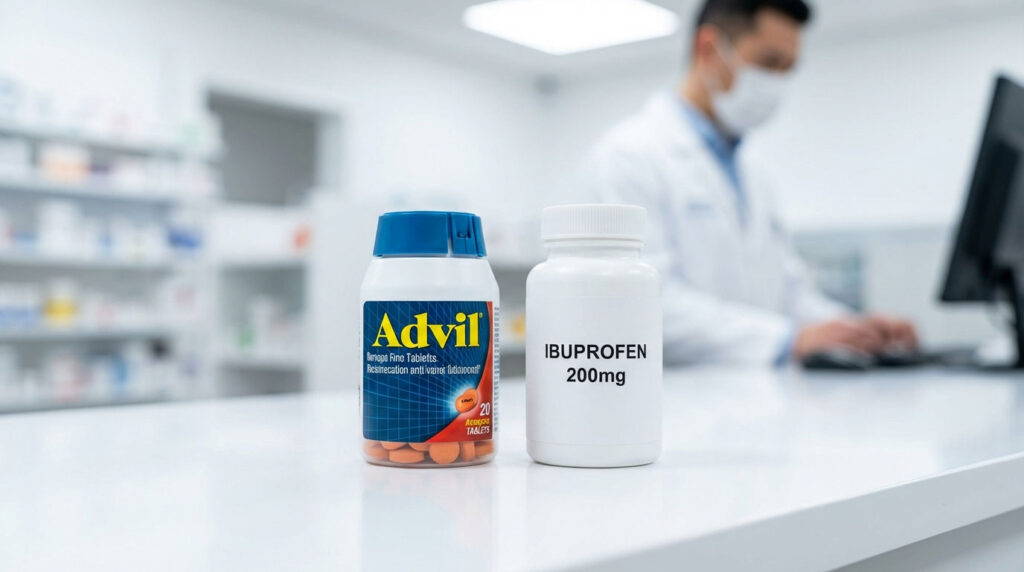Adenosine Deaminase and its Function
Adenosine deaminase (ADA) is an enzyme that plays a crucial role in the metabolism of nucleic acids and the regulation of the immune system. Its primary function is the conversion of adenosine to inosine by the removal of an amino group. This enzymatic reaction is essential for maintaining the balance of purine nucleotides in the body.
Conditions that may require ADA Test (Adenosine Deaminase)
The measurement of adenosine deaminase (ADA) activity is a diagnostic test that can be used in various clinical conditions. Here are some conditions where an ADA test may be required:
- Tuberculosis (TB): ADA levels are often elevated in tuberculous pleural effusion, a fluid buildup in the pleural space surrounding the lungs. Measuring ADA activity in pleural fluid can aid in the diagnosis of pleural TB, especially in areas where other diagnostic methods may be limited.
- Severe Combined Immunodeficiency (SCID): ADA deficiency is a genetic disorder that leads to SCID, a condition characterized by a severely compromised immune system. Measuring ADA activity in blood can help confirm the diagnosis of ADA deficiency and guide appropriate management strategies.
- Lymphomas: Some types of lymphomas, such as T-cell lymphomas and hairy cell leukemia, can show elevated ADA levels in the affected tissues. Determining ADA activity can assist in the diagnosis and monitoring of these malignancies.
- Autoimmune Disorders: Elevated ADA levels have been reported in certain autoimmune conditions, including systemic lupus erythematosus (SLE) and rheumatoid arthritis. Measuring ADA activity may be useful as a complementary diagnostic marker in these diseases.
- Pericarditis: ADA activity can be increased in pericardial fluid in cases of pericarditis, an inflammation of the pericardium (the sac surrounding the heart). The ADA test can aid in the diagnosis of tuberculous pericarditis or help differentiate it from other causes of pericardial inflammation.
- Meningitis: ADA levels in cerebrospinal fluid (CSF) can be elevated in tuberculous meningitis. Determining ADA activity in CSF can be helpful in the diagnosis and differentiation of various forms of meningitis.
ADA Test (Adenosine Deaminase) Procedure
The Adenosine Deaminase test is performed by drawing a blood sample from a vein in your arm. Our phlebotomist, will clean the site with an antiseptic and apply a tourniquet to make the veins more visible. He will then insert a sterile needle into a vein and collect the required amount of blood into a collection tube.
Interpreting ADA Test (Adenosine Deaminase) Results
Interpreting the results of an ADA (adenosine deaminase) test involves comparing the measured ADA activity level to the established reference range and considering the clinical context. Here are some general guidelines for interpreting ADA test results:
- Normal Range: The reference range for ADA activity can vary depending on the laboratory and the specific body fluid being tested. Typically, the reference range for ADA in blood is lower compared to ADA in pleural fluid or cerebrospinal fluid (CSF). It is essential to refer to the specific laboratory’s reference range provided with the test result.
- Elevated ADA Activity: Elevated ADA activity above the reference range can indicate various conditions, including:
- Tuberculosis (TB): Elevated ADA levels in pleural fluid or CSF can be suggestive of tuberculous pleural effusion or tuberculous meningitis, respectively. However, further clinical and laboratory investigations are required to confirm the diagnosis.
- Lymphomas: Some types of lymphomas, such as T-cell lymphomas and hairy cell leukemia, may show increased ADA activity in affected tissues. Elevated ADA levels can be a supportive diagnostic marker, but other tests are necessary for a definitive diagnosis.
- Autoimmune Disorders: Certain autoimmune conditions, such as systemic lupus erythematosus (SLE) and rheumatoid arthritis, can occasionally exhibit elevated ADA levels. However, ADA is not a specific marker for these conditions and should be interpreted in conjunction with other clinical and laboratory findings.
- Other Conditions: Elevated ADA activity can also be observed in other infectious and inflammatory conditions, such as pericarditis, bacterial meningitis, and viral infections. However, ADA results alone are not sufficient for a diagnosis and should be evaluated along with other clinical information.
- Decreased ADA Activity: Decreased ADA activity is less commonly observed and may be seen in rare cases of ADA deficiency, leading to severe combined immunodeficiency (SCID). SCID is a genetic disorder that severely compromises the immune system. Confirmatory testing is necessary to establish the diagnosis of ADA deficiency and SCID.
Treatment for High Adenosine Deaminase levels
High levels of adenosine deaminase (ADA) activity in specific body fluids, such as pleural fluid or cerebrospinal fluid (CSF), can be indicative of certain medical conditions. The treatment for high ADA levels depends on the underlying cause. Here are some examples of conditions associated with elevated ADA activity and their respective treatment approaches:
- Tuberculosis (TB): Elevated ADA levels in pleural fluid or CSF can be a marker of tuberculous pleural effusion or tuberculous meningitis, respectively. The primary treatment for TB involves a combination of antibiotics, typically a regimen that includes isoniazid, rifampicin, pyrazinamide, and ethambutol. Antitubercular therapy is administered for a specific duration under the guidance of a healthcare professional.
- Lymphomas: Certain types of lymphomas, such as T-cell lymphomas and hairy cell leukemia, may exhibit increased ADA activity. The treatment for lymphomas depends on the specific subtype, stage of the disease, and individual patient factors. It may include chemotherapy, radiation therapy, targeted therapy, immunotherapy, or a combination of these approaches.
- Autoimmune Disorders: Elevated ADA levels can sometimes be seen in autoimmune conditions such as systemic lupus erythematosus (SLE) and rheumatoid arthritis. The treatment for these disorders typically involves a combination of medications aimed at suppressing the immune system, reducing inflammation, and managing symptoms. This can include nonsteroidal anti-inflammatory drugs (NSAIDs), corticosteroids, disease-modifying antirheumatic drugs (DMARDs), and biologic agents.
- Pericarditis: High ADA levels in pericardial fluid may suggest tuberculous pericarditis. The treatment for tuberculous pericarditis usually involves a combination of antitubercular medications, such as isoniazid, rifampicin, pyrazinamide, and ethambutol, along with corticosteroids to reduce inflammation and prevent complications.
- Severe Combined Immunodeficiency (SCID): Decreased ADA activity is observed in ADA deficiency, which can lead to SCID. The treatment for ADA deficiency involves enzyme replacement therapy (ERT) using pegademase bovine (PEG-ADA). PEG-ADA is a modified form of ADA that can be administered to patients with ADA deficiency to provide the missing enzyme and help restore immune function. In some cases, bone marrow transplantation may be considered as a curative option.
More Related Tests
Why To Book with HealthCareOnTime

17 Crores+ Samples Processed

World Class Technology Labs

25+ Years of Trust & Experience

Free Home Collection
FAQs Around ADA Test (Adenosine Deaminase)
How much does ADA Test (Adenosine Deaminase) cost?
The ADA Test (Adenosine Deaminase) cost is Rs.700, although it is now available for Rs.500 because of the offer.










